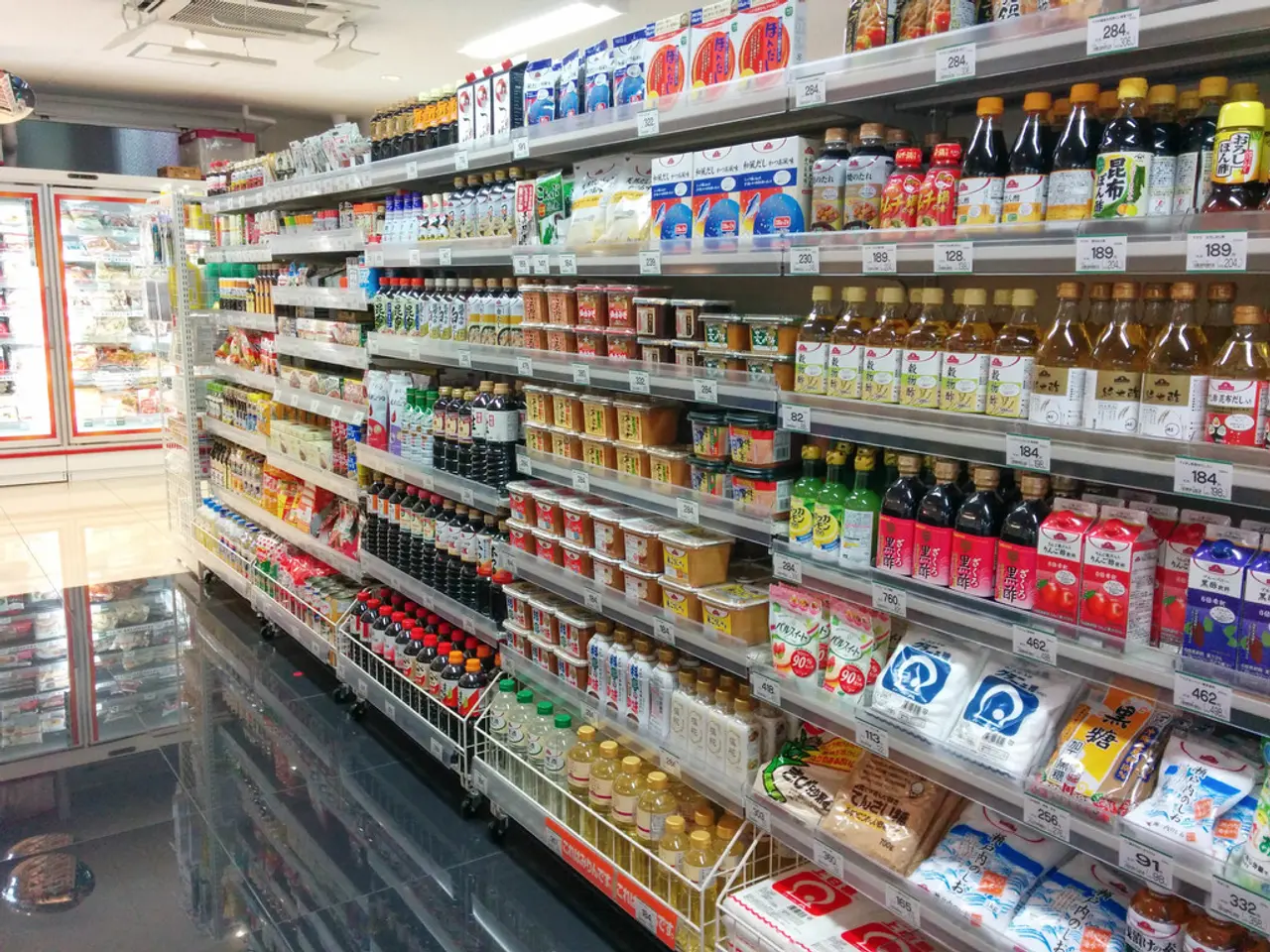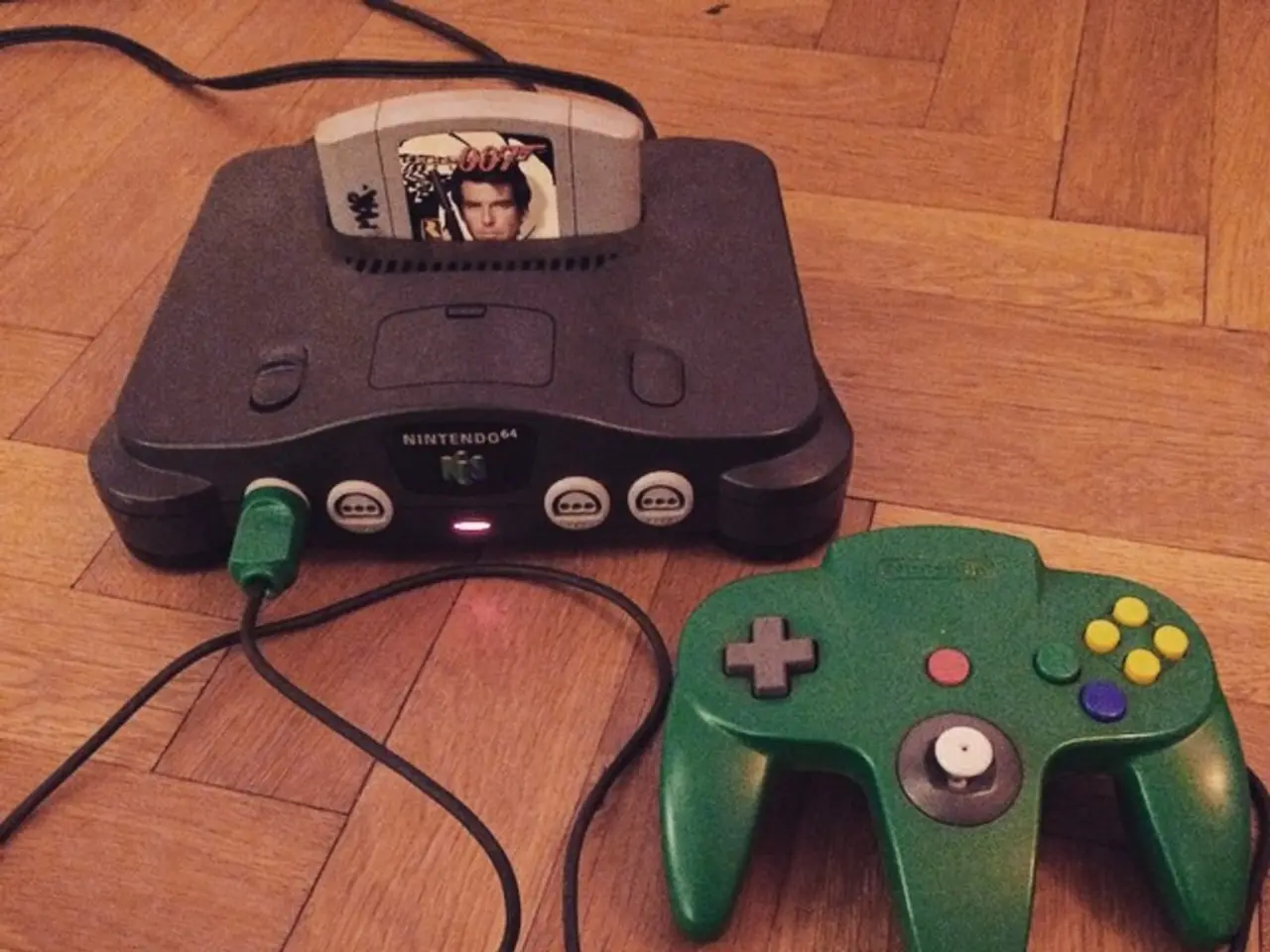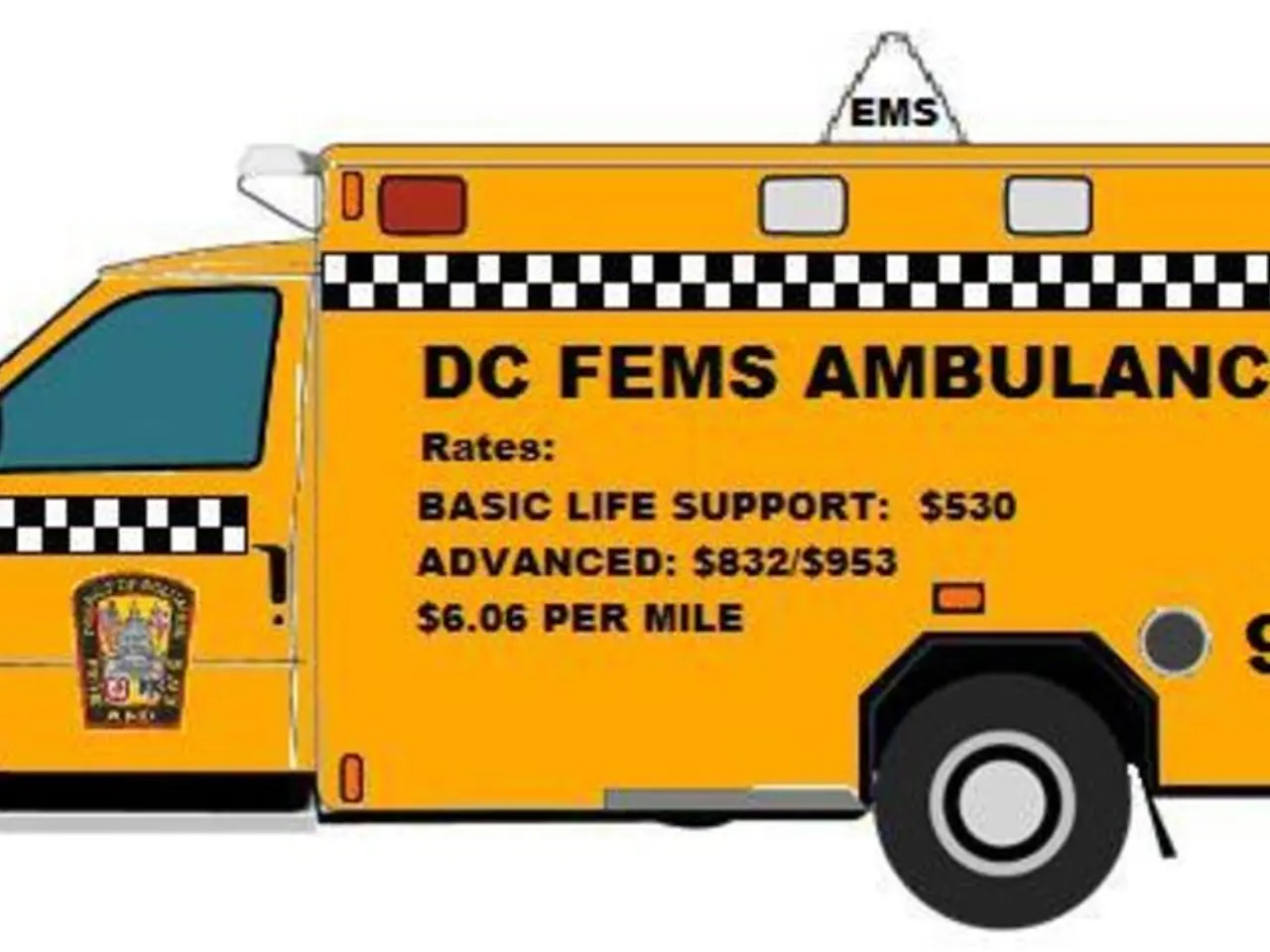Physical retail stores from Hoka remain the main platforms for selling merchandise at full price
In the first quarter of fiscal 2026, Deckers Brands, known for their popular footwear brands like Ugg and Hoka, experienced a significant surge in brick-and-mortar sales. The wholesale channel saw a remarkable increase of 27%, reaching $652 million, driven by heightened in-store consumer demand and reorders.
This growth was particularly evident for Hoka, which recorded record wholesale reorders in Europe and strong growth in China, supported by retail partnerships with major brick-and-mortar chains. Ugg also saw a nearly 19% sales increase, with men's growth almost double the brand's overall growth, driven by sandal sneaker styles.
In contrast, direct-to-consumer (DTC) sales, which include e-commerce, grew modestly by approximately 0.5%. This trend suggests that consumers continue to prefer purchasing premium products like Hoka and Ugg in physical stores, despite product research online.
International sales played a significant role in the brands’ strong revenue gains, with Europe and China leading the way. The strategic shift towards brick-and-mortar sales, especially internationally, contrasts with the fairly flat growth in the direct-to-consumer channel.
Deckers' Q1 net sales increased by nearly 17% year over year to $964.5 million. The net income rose more than 20% to $139.2 million. However, global trade policy uncertainty has prevented Deckers from providing guidance for the full fiscal year due to potential tariff impacts.
If tariffs on goods from Vietnam increase from 10% to 20%, Deckers could face a $185 million tariff impact to its cost of goods sold in fiscal year 2026. To offset this, the company hopes to recapture about $75 million via price hikes and "partial cost sharing with factory partners."
Analysts have questioned whether Deckers' tariff impact estimates are conservative enough, with potential drag of 200 to 300 basis points. The gross margin shrank to 55.8% from 56.9% a year ago, reflecting the potential impact of tariffs.
In summary, Deckers Brands' strong performance in Q1 fiscal 2026 was driven by a surge in brick-and-mortar sales, particularly in the international market. However, the company faces potential challenges from tariffs and their impact on costs.
- The growth in Deckers Brands' sales, particularly in brick-and-mortar stores, signals a preference for purchasing premium products like Ugg and Hoka in physical stores, despite consumers frequently researching products online.
- In contrast to the surge in brick-and-mortar sales, direct-to-consumer (DTC) sales, which include e-commerce, have grown modestly, indicating a reluctance of consumers to purchase Deckers' premium products online.
- The strategic shift towards brick-and-mortar sales, especially internationally, has contributed significantly to Deckers' strong revenue gains, with Europe and China leading the way.
- Global trade policy uncertainty, particularly tariffs on goods from Vietnam, could pose a significant challenge to Deckers Brands, with potential tariff impacts estimated to reach up to $185 million in fiscal year 2026.




